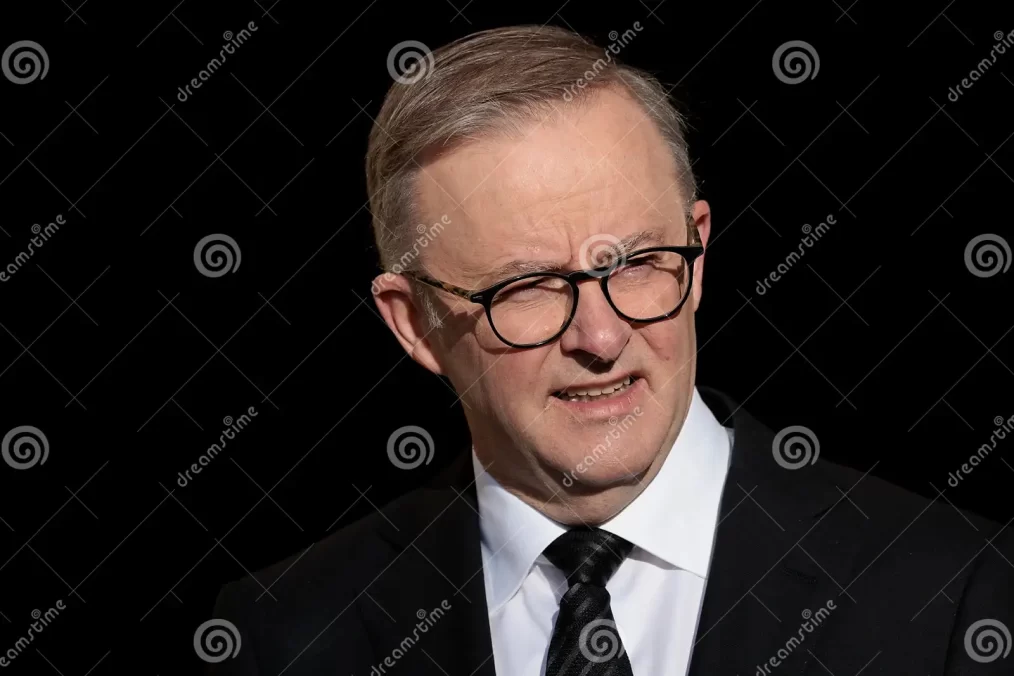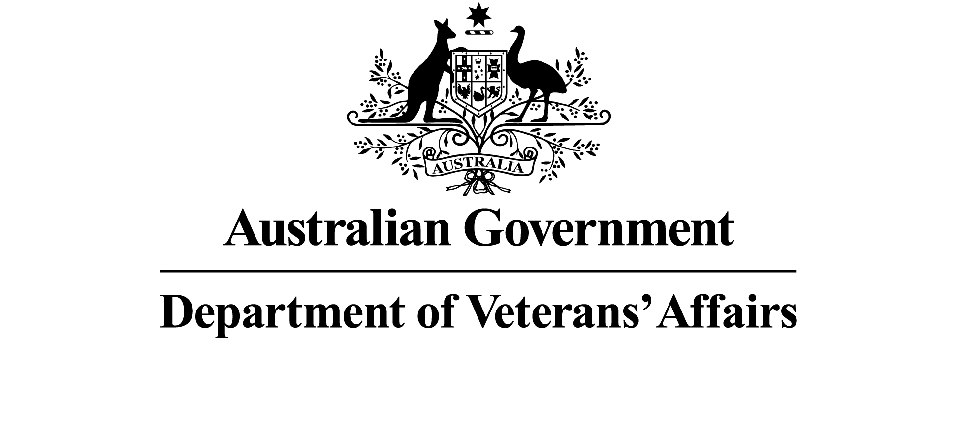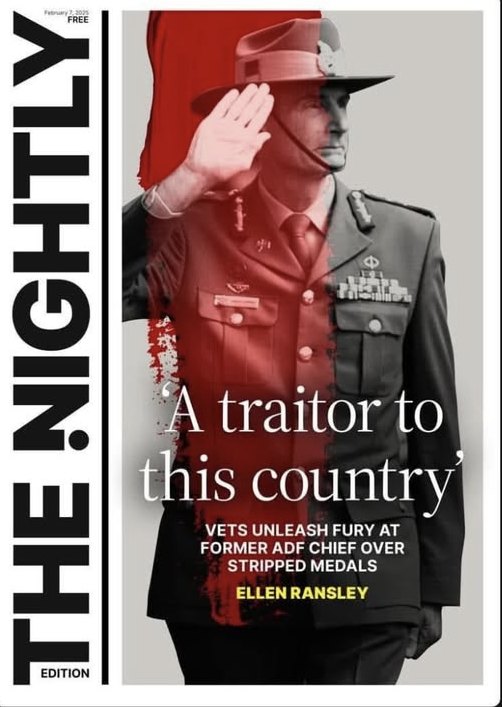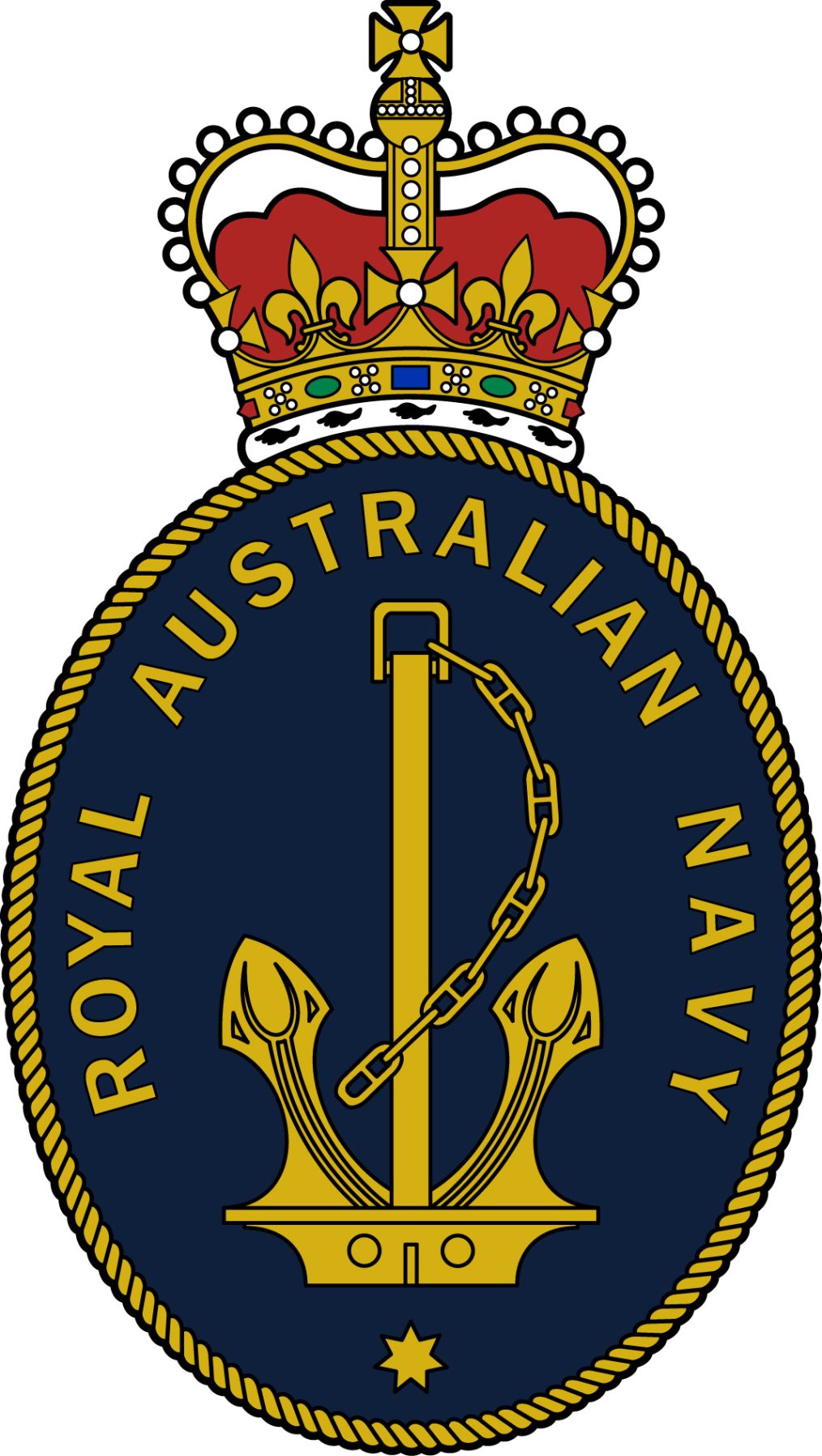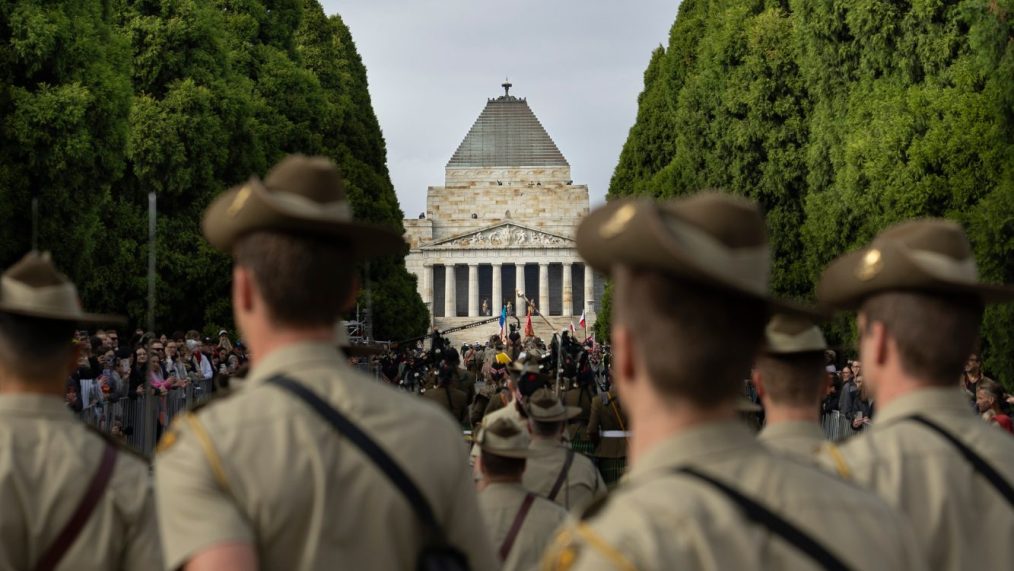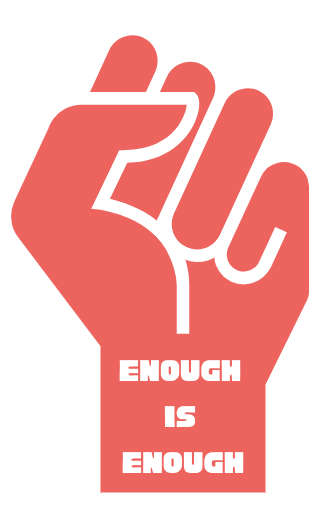ED: Who Else Finds It Astonishing That the Prime Minister while in Alice Springs Announces Further $884 Million for Bridging the Gap in the NT?
Frontline – Ray Payne OAM
The Prime Minister’s announcement of an additional $884 million for “bridging the gap” in the Northern Territory is yet another staggering allocation of taxpayer funds to Indigenous programs. With a total population of just 260,000 people, this new funding equates to over $3 million for every man, woman, and child in the Territory.
This is on top of the $39 billion already spent annually on Indigenous Australians, a figure that continues to rise despite little visible improvement in key outcomes such as health, education, employment, and community safety. The sheer scale of spending raises serious concerns about where the money is going and whether it is being used effectively.
The Numbers Don’t Add Up
The Northern Territory has a significant Indigenous population, many of whom live in remote communities. These communities often struggle with social issues, lack of infrastructure, and limited access to essential services. However, given the billions already poured into Indigenous programs, one must ask why these issues persist. If funding alone were the solution, these problems would have been eradicated years ago.
According to government reports, Indigenous Australians receive approximately $44,000 per person per year in direct and indirect government support, compared to around $24,000 for non-Indigenous Australians. Despite this, life expectancy, literacy rates, employment levels, and crime statistics remain troubling. The gap is not closing at a pace that justifies this level of expenditure.
Where Is the Money Going?
A major issue is the administrative costs associated with Indigenous funding. Bureaucracies, consultants, and advisory bodies consume a significant portion of these funds before they ever reach the communities in need. Reports suggest that millions are lost in red tape, mismanagement, and inefficiencies within government agencies and NGOs tasked with implementing Indigenous programs.
Moreover, there is little transparency or accountability for how these funds are spent. There have been numerous cases where funding has been squandered on failed programs, misappropriated, or spent on initiatives that do not deliver tangible benefits to Indigenous people.
A Different Approach Needed
Instead of simply throwing more money at the problem, the government should focus on ensuring that existing funds are being used effectively. That means greater scrutiny of Indigenous funding programs, independent audits, and a shift away from the bloated bureaucratic model that has proven ineffective.
It also means empowering Indigenous communities to take greater control over their own futures by promoting economic development, education, and self-reliance rather than fostering a cycle of dependency. There should be a greater emphasis on job creation, business development, and local leadership rather than government handouts that fail to produce lasting change.
Conclusion
Australians deserve answers. Why, despite decades of massive funding, do the same problems persist? Where is the accountability for how taxpayer money is spent? And why does the government continue to pour billions into a system that isn’t working? Until these questions are addressed, announcements like today’s $884 million commitment will only further fuel public frustration and disbelief.


